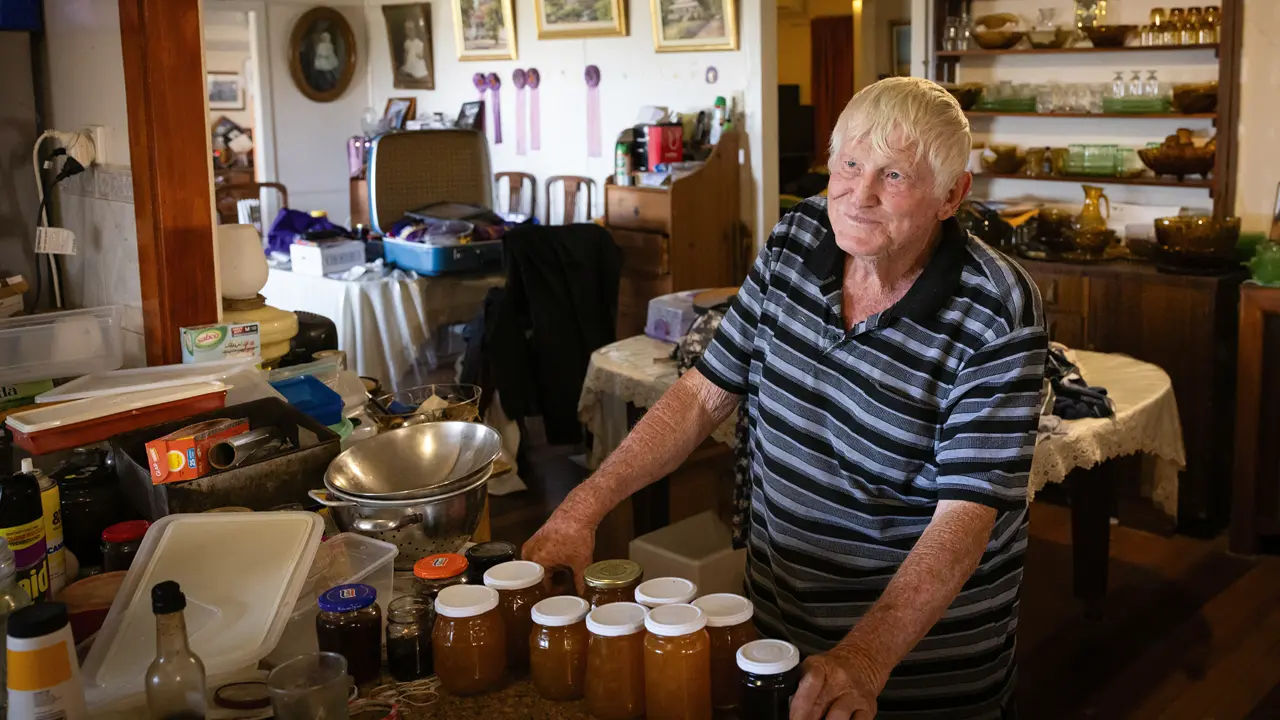Mother and daughter Kerry and Kristine Jonsson added an abattoir to their cattle property so they can guarantee organic products.
Story By Darryl Cooper
Kerry Jonsson and daughter Kristine are pioneers of a flourishing organic meat industry based in Tully in Queensland’s tropical north. Jervoise Organic Meats is the end result of an organic breeding program on the family property, the 30,000-hectare Jervoise Station, which runs 7000 head of Santa/Brahman cross cattle.
The switch to organic, holistic grazing was initiated in 1979 by Kerry’s husband Greg, whose father Alf Jonsson had a mixed farming operation at Kaban on the Atherton Tableland, where chemicals were used freely. “He loved every chemical they brought out and poured gallons on the crop to see if it worked,” Greg says. “We tried growing peanuts at Jervoise but the chemicals affected my health. You could open a can at the other end of the paddock and it would knock you down. That’s when we decided to stop dipping our cattle.”
With that decision came a series of radical changes in keeping with the holistic approach to organic beef production. Culling was done on tick resistance with heavily infected cattle being the first to be trucked out. Soil fertility was improved and herd impact reduced by paddock rotation and encouraging active dung beetle populations, which in turn resulted in a reduced buffalo fly problem. “Graziers are grass producers and the cattle are how we harvest it,” Kerry says. “Take care of the soil, look after the grass and treat cattle with the respect they deserve. Cattle are beautiful things. You know which end’s going to kick. People are not always that nice!”
Jervoise cattle are all grass fed, as grainfeeding does not comply with organic guidelines. “You can achieve great weight gain and turn off a beast quickly with grain feeding, but it is not natural,” Kristine says. “Cattle are not designed to eat it. The meat is tasteless and loses all its Omega-3 content.”
Jervoise country is not routinely burned. Kristine believes that although the storm rains on burned ground produce “scrumdiddlyumptious” green shoots, the ground is left unprotected from 45 degree Celsius heat and her observations show that shoots are three times higher in the paddock that has dead grass left standing.
Animal welfare is a high priority and stock is handled quietly from weaning. “We don’t use jiggers or do a lot of yelling,” Kerry says. “In fact, my son who helps manage the cattle, keeps his hands in his pockets when mustering. We know we have done weaning properly when you can go up and rub your hands over them and push them out of the way. The breeding program at Jervoise aims at fertility and longevity and, combined with tenderness and palatability, you have a saleable end product.”
This story excerpt is from Issue #71
Outback Magazine: June/July 2010









